Wheels in the wild: a bikepacking trek in Kyrgyzstan
All that separates the blue of the lake and that of the sky is a dark line of mountain peaks, serrated and snow-capped. The lake is Son-Kul, 3,000 metres above sea level; close to its shores is the village where we slept, the stoves in its yurts still smouldering, having kept at bay the chill of an impossibly star-filled night.
A child from the village pedals his small bicycle among the many lying on their sides outside the yurts. Soon they are upright and being readied by our group of 10 as we prepare for a 330km ride east, along the back roads of Kyrgyzstan, a week-long trek through the Tian Shan mountains that will take us to Issyk, the country’s largest lake. Handlebars are straightened, bikepacking bags affixed to frames, bolts tightened — though the ride’s first bumps and vibrations will still shake a few loose — before everything beds in to the rhythm and rigour of the dirt tracks and gravel roads.
We ride out into a grassland plateau, following the twin white lines of a vehicle track, more grass growing up between them. Wild horses gallop alongside, startled by the strange, wheeled creatures rolling beside them. A Londoner in the group, debuting his new bike, turns and smiles. “You don’t need much money to be happy,” he says quietly, half to himself, half to me. “Only a bicycle.”
The route is not always so conducive to musing. After a slight rise, we descend a pass known as 33 Parrots — why, I am not sure, because there’s little to suggest the birds, just a relentless sequence of switchbacks sweeping down into an empty valley. The surface is loose gravel; plunging down at speed, I spot a rock a second too late — it knocks my foot from my pedal and I wobble but stay upright, reminded of the thin line between control and its absence.
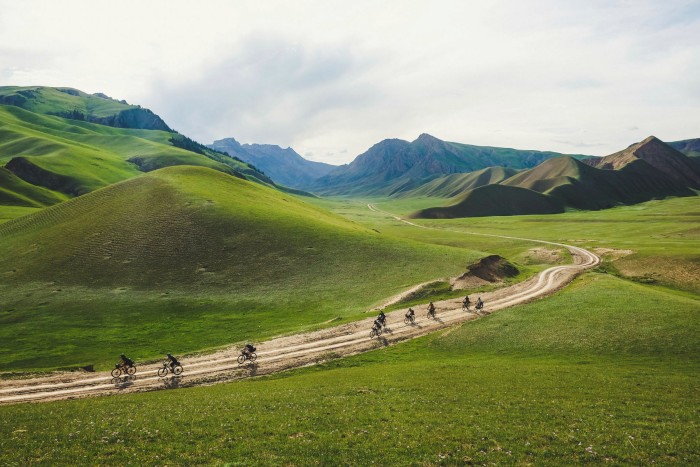

We cycle between 50 and 100km a day, through a landscape of wild valleys and open hillsides, occasionally passing tiny settlements whose white yurts look like clouds on an endless grassy sky. One morning we cover 50km of tarmac, which culminates at a junction large enough to warrant a shop and a phone mast, but the rest of the ride is away from such heady consumerist trappings. Sometimes we see roadside vendors selling the national drink, kymyz, produced from fermented horse milk, whose robust flavour makes it feel stronger than its couple of per cent alcohol content.
A more frequent sight is that of children riding expertly by on horseback, sometimes tending livestock, often with a saddle comprising little more than a carpet seat and rope stirrups. Herds of goats, cows and wild horses are commonplace. One hot afternoon we speculate as to whether the large bird circling overhead is one of central Asia’s famed eagles or a more prosaic buzzard. At times our progress over the gravel feels so slow that it, whatever it is, might easily swoop to pick one of us off.

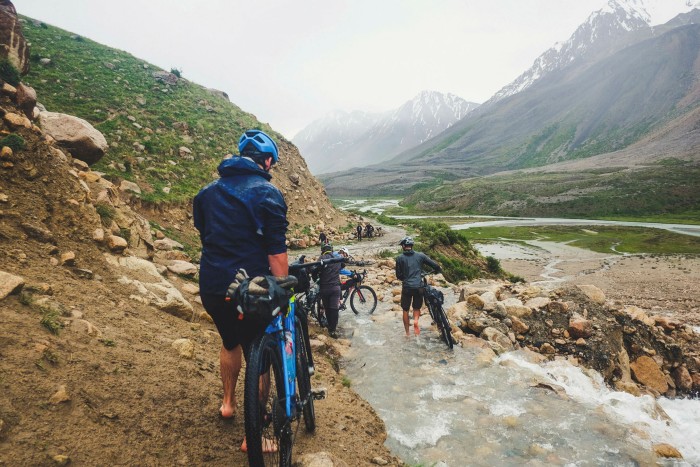
After an early finish on the fourth day, a bottle of gin and another of tonic are produced from the support vehicle — a pleasingly broad interpretation of “support”. Someone passes round slivers of cucumber, and we drink beside a babbling stream. Charged with the safe carriage of both indulgences and camping gear is Alec, an Uzbek man with a gold-toothed smile, dressed always in a Nike tracksuit, and whose Mitsubishi jeep is never far away in case of the emergencies that we are spared and the punctures that we are not. On our way up the renowned Tosor Pass, the highest climb of our route at 3,900 metres above sea level, the jeep navigates multiple road collapses while we shoulder the bikes and pick our way between rocks, ankle-deep in icy water.
Alec brings more than just driving skills. One evening he resolves to make plov in his giant iron pan, the kazan, that rests over a fire. Sceptical that he can do justice to the famed rice dish with neither meat nor its stock — and bemused by the vegan diets that impose such constraints — he sinks four whole garlic bulbs, fully sheathed in skin, into the bubbling grains of rice, sliced carrot and chickpea.
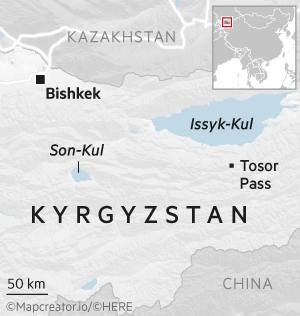
For all that the ride is full of such comforts, it is not exactly easy. After a week in the saddle, improving condition goes hand in hand with increasing fatigue. None of the riders is an endurance athlete, or much interested in riding to the limit. Each of us has his or her own pace — sometimes matching that of the other riders, sometimes not — and the group takes on an easy harmony.
Despite the moments of transcendence, of immersion in mountain air and pristine emptiness, it would be naive to conclude that Kyrgyzstan is a complete escape from everything. Some locals worry about Saudi Arabia paying for new mosques to be built, with Islamic interpretations more conservative than those traditionally favoured here. Our track is also only a few hundred kilometres from the Khorgos Kazakhstan-China border crossing, where I once spent a weekend waiting for the sleepy frontier post to open to the queueing trucks. Now it is a sprawling container terminal, China deeming this area a key node in its Belt and Road Initiative. Chinese money has already upgraded some of Kyrgyzstan’s highways and plans are afoot for better rail links too.
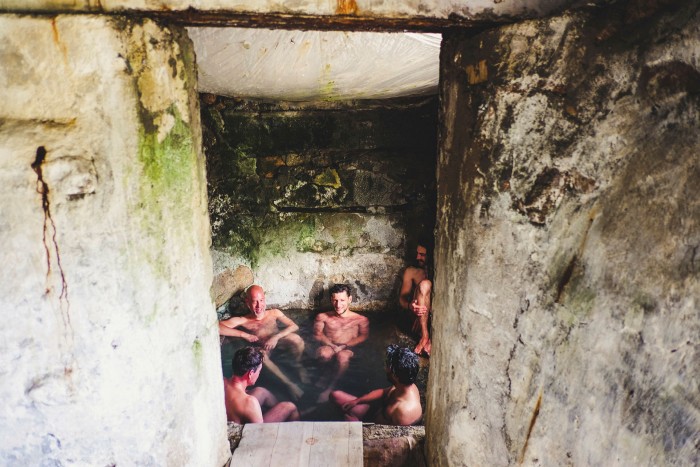


Our route, for those choosing to keep abreast of it, is stored on an app, and on phones kept charged by solar mats or dynamo hubs. The knowhow behind the itinerary, however, is provided by Nelson Trees, a British-French mountain biker and now Bishkek local. Trees is also director of the Silk Road Mountain Race, an event that takes in some 1,900km of terrain more aggressive than ours. Perhaps so as not to demoralise anyone, he waits until the final days before remarking with a chuckle that our total distance is approximately the average, ridden neither with real pause nor between real sleeps, that the race’s winning riders cover daily.
Having reconnoitred much of Kyrgyzstan to devise both the race and our own more humble expedition, Trees often displays a curator’s delight in our reaction to the route. He takes obvious pleasure in the washboard surface of a coming road, which he judges will be challenging but not too challenging.
On the penultimate day, at the foot of a 40km ascent, we stop early at a stone-and-concrete hut, built over a fissured rock with a hot spring beneath. In water that is near-scalding we all soak, breathing the occasional whiff of sulphur, and then pick across the stones to plunge into the adjacent river of snowmelt. The process is repeated until our skin tingles and the grazes and calluses of riding are first made to sting but soon start to feel soothed. As is often the case, we camp beside the river, washing pans in it and filtering the water for drinking next morning.
In their willingness to seek out such interludes, the tour’s organisers, bikepacking specialists Pannier, imbue it with a kindly tone that is at odds with more austere ideas of adventure. I see just one mildly disappointed look shot between Trees and the Pannier guide, when a missing propane canister means we must go a morning without fresh coffee from the moka pot.
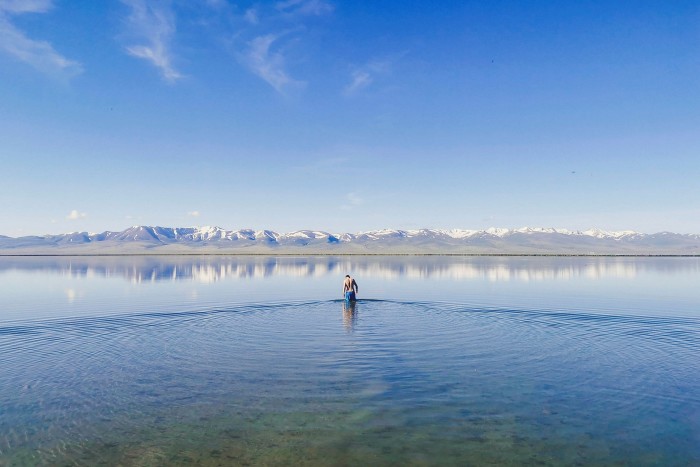
Only on the last day do we drop from the mountains, after pushing our bikes for the final, rocky kilometre of a pass. Descending for two hours, out of snow and cloud back into sun, we find that the many kilometres behind us have sharpened our ability to discern the perfect curve to take through the trail’s veneer of dust, gravel and rocks. The domed roof of an old village mosque flashes quickly by our flickering wheels.
It is a particularly Kyrgyz phenomenon, too, to plummet for two hours to the shore of Issyk-Kul and yet still finish 1,600m above sea level. The name translates as “warm lake”, owing to the saltiness of the water, which means that, unlike many in this part of the world, Issyk-Kul does not freeze. Arriving in late June, this is not an issue. The sun shines, the lake is sapphire, the sky cobalt. We walk from a sandy beach into the water. We step in. It is not warm. But it is good.
Julian Sayarer is the author of ‘Fifty Miles Wide: Cycling Through Israel and Palestine’ (Arcadia Books)
Details
Julian Sayarer was a guest of Pannier (pannier.cc) and Pegasus Airlines (flypgs.com). Pannier’s week-long Tian Shan Bikepacking Expedition costs £1,595, and two departures are planned for 2023, starting on June 24 and July 8. Pegasus Airlines flies from London Stansted and Manchester to Bishkek via Istanbul Sabiha Gökçen, with fares from £487 return
Follow @ftweekend on Twitter to find out about our latest stories first
FTWeekend Festival, London
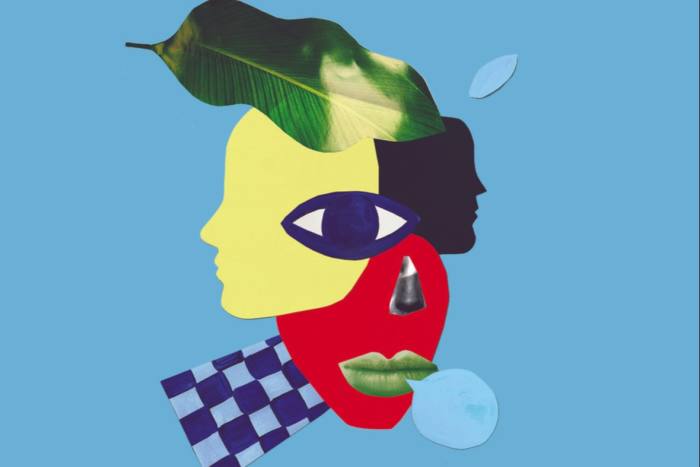
Save the date for Saturday, September 3 to listen to over 100 authors, scientists, politicians, chefs, artists and journalists at Kenwood House Gardens, London. Choose from 10 tents packed with ideas and inspiration and an array of perspectives, featuring everything from debates to tastings, performances and more. Book your pass at ft.com/ftwf
For all the latest Business News Click Here
For the latest news and updates, follow us on Google News.
